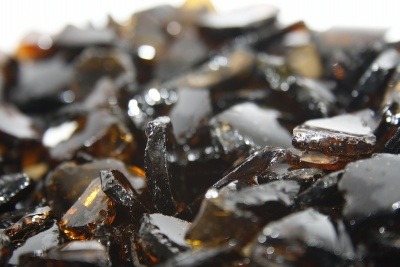British Glass forecasts negative impact of DRS on glass recycling
UK trade association British Glass has raised concerns that the UK Government’s proposed deposit return scheme (DRS) will have a negative impact on closed loop glass recycling.
The consultation round for the proposed DRS, which closes today (4 June), invited responses from industry on what the scheme will look like.
 In its response, British Glass raised concerns that the scheme might increase carbon emissions and ‘incentivise an increase in plastic consumption at the expense of glass’.
In its response, British Glass raised concerns that the scheme might increase carbon emissions and ‘incentivise an increase in plastic consumption at the expense of glass’.
The trade association explained that the glass industry is committed to a 90 per cent target for recycling collections and an 80 per cent target for remelt, which would see 80 per cent of all glass recycled back into new bottles and jars.
A major concern for British Glass in terms of the proposed DRS is the omission of a recycling or remelt target as part of the scheme.
Furthermore, glass must be sorted by colour to be recycled into new bottles and jars – compacting the glass in reverse vending machines would reduce the quality of the glass significantly.
Phil Fenton, Lead Packaging and Recycling Adviser, commented: “We all know more needs to be done to increase recycling and move towards a circular economy for all packaging formats.
“Glass can be recycled endlessly back into new bottles and jars, and it makes both environmental and economic sense to do so.
“Recycling a tonne of glass into new bottles and jars saves 580kg of CO2 emissions – saving over 594,000 tonnes of CO2 in 2019. Alternatively, if recycled glass is used as aggregates, it actually produces more carbon.
“This is why we are so concerned that a DRS that crushes or compacts glass with no recycling target will be detrimental to bottle-to-bottle recycling and to the environment.”
Mr Fenton commented on the solution for glass recycling: “We already have a solution to improving glass recycling, and it’s at our doorsteps. A DRS will be damaging for glass recycling, it will be bad for the environment, and it will be expensive.
“We want to see more glass collected through improved household collections under the new extended producer responsibility scheme, enhanced by consistent collections. Only this will create a truly circular economy for glass packaging.”







